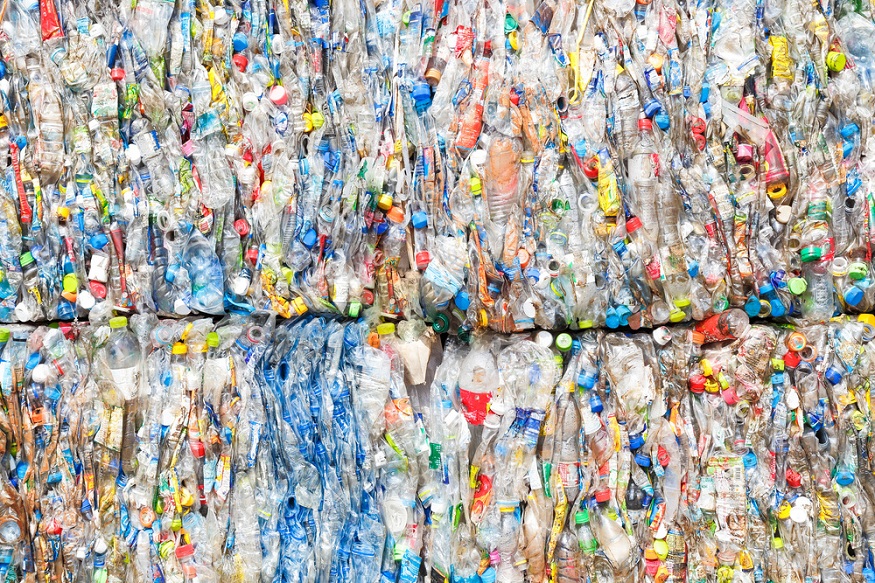Virginia governor Glenn Youngkin recently signed an executive order mandating that food waste throughout the state be composted rather than landfilled. The order seems simple enough. However, some of the governor’s critics are now accusing him of greenwashing. Is he guilty as charged?
Critics contend that the executive order does little to address the ongoing plastics problem. Furthermore, the governor’s order also cancels an initiative put in place by the previous administration, an initiative designed to eliminate single-use plastics in the state. Organizations like the Sierra Club see the two actions as incompatible.
A Definition of Greenwashing
To know whether Youngkin and his administration are guilty of greenwashing, we need to define the term. The Investopedia website offers a simple enough explanation. It explains greenwashing as “the process of conveying a false impression or providing misleading information about how a company’s products are more environmentally sound.”
That issue is whether the governor is attempting to convey any type of environmental message with his executive order. Is he trying to convince Virginia voters that more composting will solve the plastics problem? Or is the part of the order canceling the single-use plastics initiative part of a broader effort to encourage companies in the recycling sector to relocate to the state? Youngkin says it is the latter.
Critics do not agree. They say trying to continue recycling plastics is not the way to go. They want to see plastics eliminated altogether. So in their view, encouraging both composting and plastics recycling simultaneously is greenwashing.
Greenwashing Is Real
You can decide for yourself whether the Virginia governor is guilty of greenwashing. In the meantime, the practice is very real. Companies do it all the time. For example, every time a company claims to be protecting the environment by purchasing carbon credits, greenwashing is occurring.
Purchasing carbon credits does not reduce emissions. It only buys a company the privilege of saying it is reducing emissions when no such reduction actually occurs. Buying the credits merely creates an illusion that allows a company to claim it is being environmentally responsible.
Pragmatic About Plastics
Getting back to the executive order in Virginia, it seems like the governor is simply being pragmatic about plastics. It is nice to imagine a world in which single-use plastics do not exist. It is nice to imagine eliminating plastic altogether. But guess what? It is never going to happen. Plastics are too pervasive. Not only that, but we also do not have any other manufacturing material capable of taking its place.
Instead of constantly waging a war on plastic as though it is the greatest scourge on the planet, our efforts would be better spent on finding ways to produce more environmentally friendly plastics. Finding better ways to recycle it is a noble cause as well. We already know recycling works if it’s done the right way.
Tennessee-based Seraphim Plastics recycles tons of industrial scrap plastic every year. Their business model is based on a simple and proven process that turns waste plastic into regrind for new manufacturing. Not only does it work, but it also works extremely well. Their model proves that plastic recycling is not impossible or prohibitively expensive. It just needs to be done in a certain way.
Unfortunately, the environment has become a political tool for both sides of the aisle. Charges of greenwashing leveled against Virginia’s governor is an example of that. Does greenwashing occur? Absolutely. But perhaps it wouldn’t happen so frequently if we took the politics out of environmental protection and adopted a more pragmatic approach based on current realities rather than emotion.

